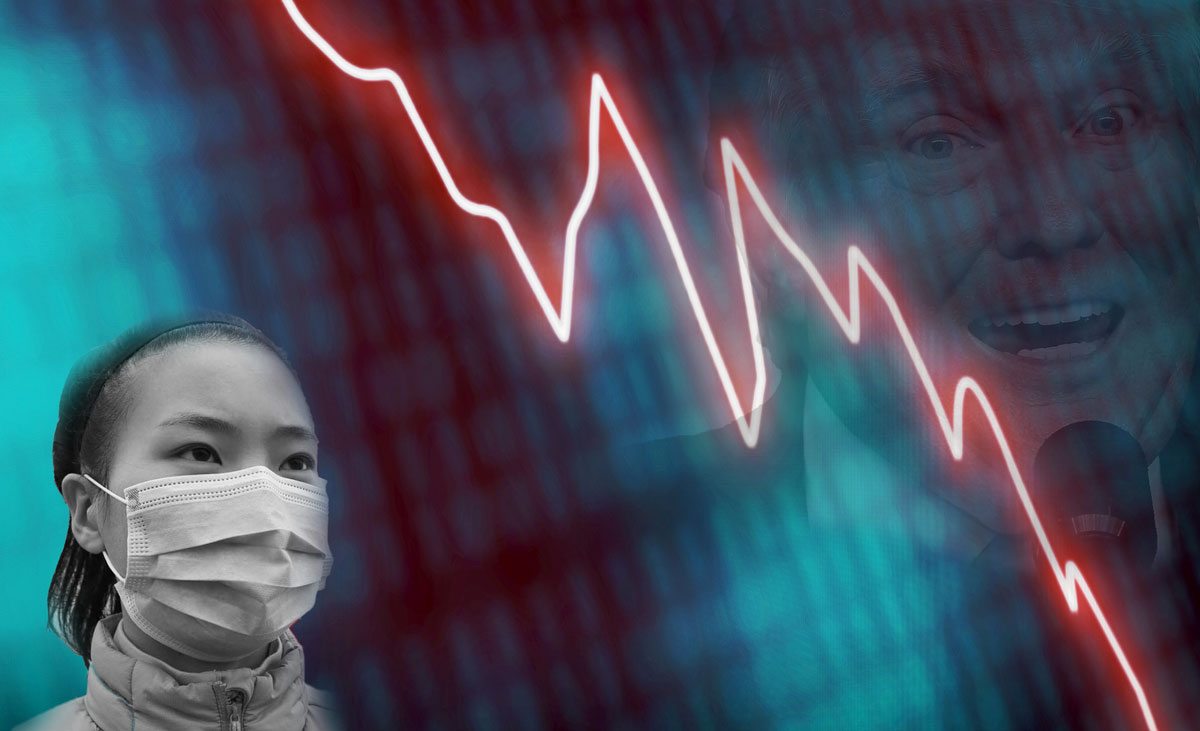
End of Day Bounce-back perhaps triggered by Passage of Aid Package
In spite of unprecedented intervention from the Federal Reserve and Congress the markets continue to plunge, generally every other day, in what has become a volatile and, for many, alarming pattern.
Intraday, the Dow dropped to more than 2000 points lower, for the second time this week. At moment in time the level was below where the Dow sat on January 20th, 2017 when Trump was inaugurated.
Neither the two rate cuts, the second one being a massive 1% “surprise” (which sent rates to zero for the first time in history) intervention on Sunday, nor the trillion dollar stimulus package pushed forward by the White House, appears to have had any significant effect on the consistently declining share prices.
The Senate today passed the congress approved relief package, which provides for free coronavirus testing and paid emergency leave, and is expected to be signed into law by the President.
As we have pointed out in previous posts, while the novel coronavirus is getting 100% of the credit for the unwelcome bear market and the attendant fears, the market swoon and the pandemic could also be parallel events without any direct causal connection.
Naturally the companies and sectors such as travel which are directly and negatively affected have had large hits to their stock prices based on the catastrophic business outlook.
On the other hand there are companies and business that could even benefit from the shift of economic activity necessitated by the preventive measures that are being universally implemented. For those companies it is the underlying bear market sentiment that can and will, in all likelihood, drag them down along with the rest.
Oil Continues to Plummet as Likely Halt to the Travel Industry Looms Large
The oil shock as mirrored in Exon (XOM) and U.S. Oil (USO) shares continues in spectacular fashion falling over 10% and 16% respectively. This can be seen as a secondary shock in the cascading price depressions influences initially by the production increases used by Saudi Arabia and Russia to start an all out price war, and now being hit by the virtual shutdown of the travel industry. The initial shockwaves reverberated sending the crude prices down 30% while the losses in the socks (and ETF) above are adding to the depressed levels.
Delta Airlines (DAL) was down even more on the outlook for the travel industry dropping an incredible 26.73% today alone. At $23.02 it is hard to believe that the stock was over $63 two days ago. Pending bailout aside, this is indicating that airline bankruptcies are now beyond probable and verging on a strong likelihood. Presumably a bailout would turn the stock price around, but potentially not shield it completely from the bear market across-the-board progression.
Naturally, after crowing and bragging at every uptick and new all-time high in the markets for more than three years, Trump is placing the “blame” for current intensely downward trajectory squarely on the “chinese” coronavirus and attempting to avoid any responsibility for the state of the markets, economy or anything at all on planet earth for that matter.
Naturally, in an election year this is to be expected. At the same time the reality that this bear market has only just begun, the all time high was little more than a month ago on February 12th, does not bode well for his chances, likely against Joe Biden, in the general election this November.
You can also find books on Stock Trading, Economics and many other topics at our sister site: Cherrybooks on Bookshop.org
Enjoy Lynxotic at Apple News on your iPhone, iPad or Mac
Lynxotic may receive a small commission based on any purchases made by following links from this page.